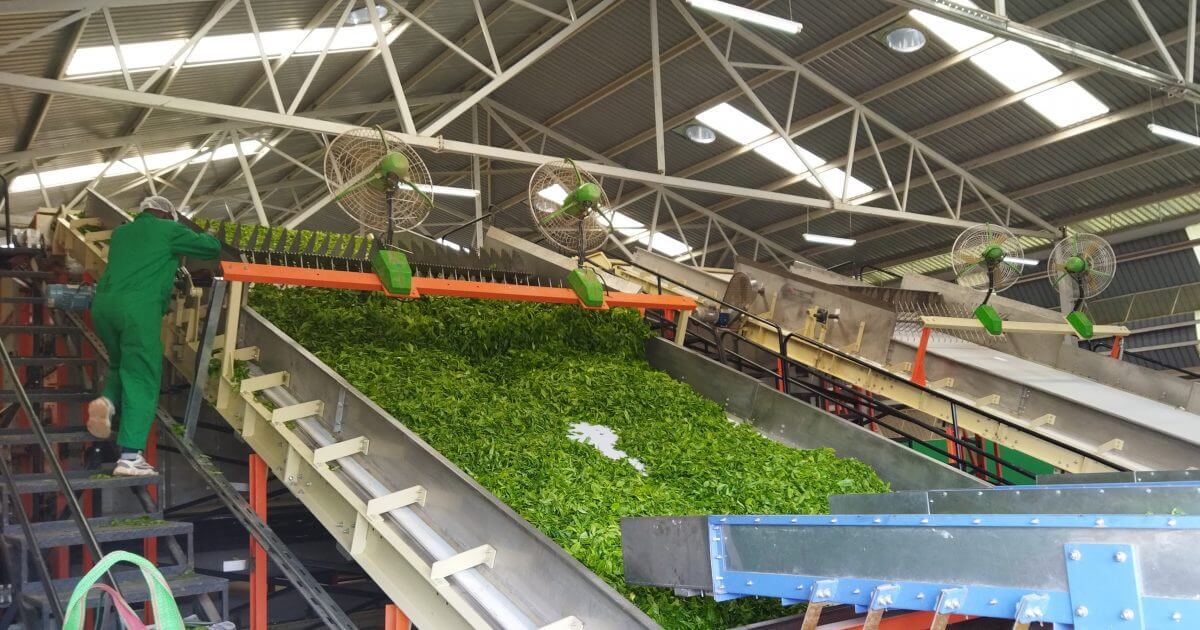
KENYA – Rukuriri Tea Factory, an affiliate company of the Kenya Tea Development Agency (KTDA) in Embu County, is embarking on a significant investment by installing an orthodox tea processing line worth KSh 300 million (US$2.16 million). This move aims to tap into the growing market demand for orthodox tea and enhance earnings for tea farmers.
Rukuriri Tea Factory will be the first in Embu County to install an orthodox tea processing line, joining the ranks of 11 other tea processing factories in the country that already produce orthodox tea. KTDA has been encouraging tea factories to invest in specialty tea, as it fetches higher prices in international markets compared to conventional black CTC (crush, tear, curl) tea.
Joseph Rwanjau, Chairman of Rukuriri Tea Factory, announced that they will begin by installing one processing line and two automatic withering machines. The line is expected to be operational by April 2024, with some machines taking up to six months to arrive from abroad and be transported to the site.
To finance the project, Rukuriri Tea Factory, in collaboration with KTDA Management Services, sought a financier who would provide a moratorium and a grace period of up to three years before starting repayment. This approach would allow the machines to generate revenue to cover the costs, resulting in minimal financial burden on the farmers.
Rwanjau highlighted the profitability of orthodox tea compared to CTC tea, stating that one kilogram of orthodox tea currently sells for between $5 and $6, while traditional CTC tea sells for $2.8 to $3.0 per kilogram. He urged farmers to be prepared for some initial costs, emphasizing that the investment would ultimately yield handsome returns due to the higher prices fetched by orthodox teas. Rwanjau clarified that there is no need for farmers to plant different tea bushes, as the distinction lies in the processing method rather than the plant itself.
Orthodox tea refers to loose-leaf tea produced using traditional rolling machine methods, involving plucking, withering, rolling, oxidation/fermentation, and drying.
The Tea Research Institute has emphasized the importance of specialty teas for the future of the tea industry. According to projections by the Food and Agriculture Organization (FAO), the outlook for black CTC tea is not promising, prompting tea producers to shift towards specialty teas. Samson Kamunya, Director of the Tea Research Institute, announced plans to introduce technologies and innovations to promote specialty teas, with the goal of reducing black CTC tea production by 30% over the next five to ten years, replacing it with orthodox teas and other specialty varieties. Kamunya also projected the development of tea-infused products, including beverages such as teas, beers, and wines.
In a bid to diversify and reduce reliance on black tea, KTDA has invested KSh 130 million (US$0.95 million) in the construction of a new specialty tea processing factory in Kiambu, which will focus on white and purple tea varieties.



















Leave a Reply